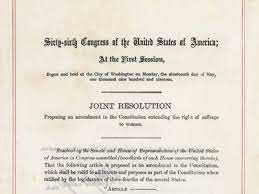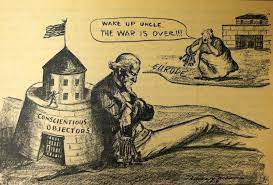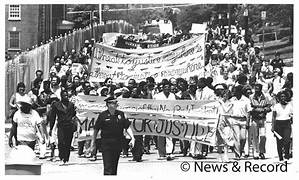The year 1999 was marked by a significant event in the United States, namely the World Trade Organization (WTO) Ministerial Conference held in Seattle, Washington. The meeting, which took place from November 30 to December 3, 1999, brought together delegates from member countries to discuss global trade policies and negotiate new agreements. However, the conference was marred by intense protests and clashes between demonstrators and law enforcement, resulting in a highly contentious and controversial event.
The WTO Ministerial Conference in Seattle aimed to address various issues related to international trade, including market access, agricultural subsidies, intellectual property rights, and labor standards. The conference was expected to build upon previous agreements, such as the General Agreement on Tariffs and Trade (GATT), and promote further liberalization of global trade. The United States, as the host country, played a central role in organizing and facilitating the conference.
However, the WTO meeting in Seattle was met with widespread opposition and protests from various groups representing labor unions, environmental organizations, and anti-globalization activists. These demonstrators argued that the WTO's policies favored large corporations at the expense of workers' rights, environmental protection, and social justice. They believed that the WTO's emphasis on free trade and deregulation had negative impacts on labor standards, human rights, and the environment.
The protests in Seattle were some of the largest and most significant anti-globalization demonstrations in history, drawing activists from across the nation and around the world. Thousands of protesters took to the streets, engaging in acts of civil disobedience, blocking traffic, and attempting to disrupt the conference proceedings. Demonstrators also criticized the heavy presence of law enforcement and the use of tear gas and rubber bullets to disperse crowds.
The clashes between protesters and law enforcement during the WTO meeting in Seattle garnered significant media attention and sparked a broader debate on the merits and drawbacks of globalization. The protests highlighted the growing concerns about income inequality, job losses, and the erosion of workers' rights in an increasingly interconnected global economy. The events in Seattle also raised questions about the role of international institutions like the WTO in shaping economic policies and their impact on local communities.
Despite the disruptions caused by the protests, the WTO meeting in Seattle did result in some outcomes. However, due to the disagreements among member countries and the inability to reach consensus on key issues, the conference ended without any significant agreements or declarations. The lack of progress at the meeting underscored the challenges of negotiating trade policies among diverse nations with conflicting interests and priorities.
The WTO Ministerial Conference in Seattle in 1999 left a lasting impact on the global trade landscape. It served as a wake-up call for governments and international organizations to address the concerns and criticisms raised by anti-globalization activists. The protests in Seattle also fueled a broader movement against corporate globalization, leading to increased scrutiny of trade agreements and calls for more inclusive and sustainable economic practices.






